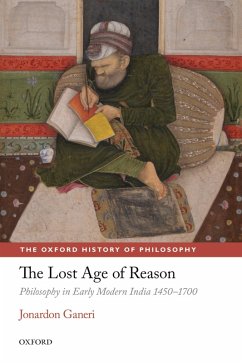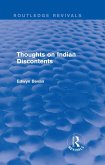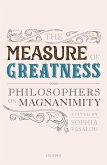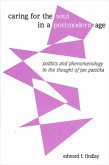The Lost Age of Reason deals with a fascinating and rich episode in the history of philosophy, one from which those who are interested in the nature of modernity and its global origins have a great deal to learn. Early modernity in India consists in the formation of a new philosophical self, one which makes it possible meaningfully to conceive of oneself as engaging the ancient and the alien in conversation. The ancient texts are now not thought of as authorities to which one must defer, but regarded as the source of insight in the company of which one pursues the quest for truth. This new attitude implies a change in the conception of one's duties towards the past. After reconstructing the historical intellectual context in detail, and developing a suitable methodological framework, Ganeri reviews work on the concept of knowledge, the nature of evidence, the self, the nature of the categories, mathematics, realism, and a new language for philosophy. A study of early modern philosophy in India has much to teach us today - about the nature of modernity as such, about the reform of educational institutions and its relationship to creative research, and about cosmopolitan identities in circumstances of globalisation.
Dieser Download kann aus rechtlichen Gründen nur mit Rechnungsadresse in A, B, BG, CY, CZ, D, DK, EW, E, FIN, F, GR, HR, H, IRL, I, LT, L, LR, M, NL, PL, P, R, S, SLO, SK ausgeliefert werden.
Jonardon Ganeri's book is a treasure trove of new insights and fascinating figures that leaves this reader craving much more. He weaves a rich tapestry where ideas come to life, reinvigorating our understanding of Indian philosophy and the important lessons it can teach us today. The book is refreshing and exciting . . . Those hoping to benefit from rich historical exploration will not be disappointed; nor, more importantly, will those looking to learn something more about the philosophical issues at hand, such as new insights into reason, metaphysics, and the self. Thom Brooks, Notre Dame Philosophical Reviews









